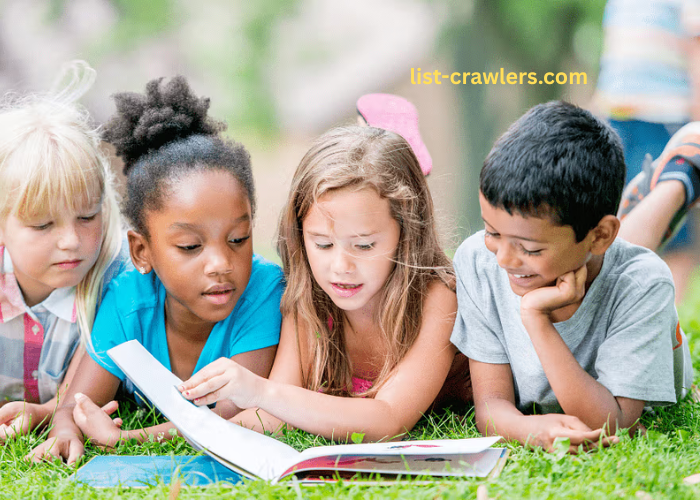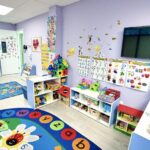Kids are naturally curious, imaginative, and full of questions. One of the best ways to channel their energy and help them grow intellectually is through riddles. These short, clever puzzles do much more than entertain. Riddles challenge children to think critically, recognize patterns, and improve their vocabulary, all while having fun. Riddles make learning exciting. When kids laugh at a funny answer or figure out a tricky one on their own, it boosts their confidence and encourages them to keep thinking creatively. In classrooms, at home, or even during travel, Learn riddles can turn ordinary moments into smart learning opportunities.
Why Riddles Are Great for Kids
Riddles offer more than a few giggles. Here are some real benefits:
- Improves thinking skills: Kids learn to analyze, infer, and draw conclusions
- Boosts vocabulary: Solving riddles exposes them to new words and meanings
- Promotes problem solving: They learn to look beyond the obvious answer
- Encourages attention to detail: Many riddles contain clues hidden in plain sight
- Supports memory and recall: Repeating riddles helps with retention
The best part? Kids do not even realize they are learning. To them, it is just playtime with a twist.
Fun and Educational Riddles for Kids
Here is a collection of riddles that are perfect for kids of all ages. Each one is designed to entertain and educate at the same time.
- What has hands but cannot clap?
Answer: A clock - What is full of holes but still holds water?
Answer: A sponge - I fly without wings. I cry without eyes. What am I?
Answer: A cloud - I go up but never come down. What am I?
Answer: Your age - I have four legs but no tail. Usually, I am heard only at night. What am I?
Answer: A frog - What has a face and two hands but no arms or legs?
Answer: A clock - I am tall when I am young and short when I am old. What am I?
Answer: A candle - What begins with T, ends with T, and has T in it?
Answer: A teapot - The more you take away from me, the bigger I get. What am I?
Answer: A hole - What belongs to you but is used more by others?
Answer: Your name - What has one eye but cannot see?
Answer: A needle - What comes down but never goes up?
Answer: Rain - What kind of tree can you carry in your hand?
Answer: A palm tree - What gets wetter the more it dries?
Answer: A towel - What has legs but cannot walk?
Answer: A table
The Learning Behind the Laughs
Each riddle introduces Riddles for children to abstract concepts like time, nature, direction, and wordplay. When kids try to solve it, they are actually practicing skills that apply to reading, math, and science.
For example:
- The “hole” riddle teaches subtraction and logic
- The “teapot” riddle introduces spelling patterns
- The “rain” riddle connects to weather and science
These small puzzles build big brains.
How to Use Riddles in Daily Learning
Want to make a part of your daily routine? Here are some easy ways:
- Morning brain teasers: Start the day with one riddle during breakfast or at school assembly
- Riddle of the day board: Post a riddle every day in the classroom or at home
- Travel fun: Keep kids busy during road trips or commutes with a riddle contest
- Storytime twist: Add between chapters or before bedtime
- Riddle rewards: Use them as a fun way to earn small prizes or screen time
Riddles are simple, no prep, and do not require any devices. Just a little creativity and a curious mind.
Let Kids Create Their Own
Once children get comfortable with solving riddles, encourage them to write their own. This helps:
- Strengthen writing and spelling skills
- Develop imagination
- Practice storytelling in a fun way
You can even make it a weekly challenge and collect the best ones in a “Riddle Book” made by the kids themselves.
Final Thoughts
Riddles are the perfect blend of fun and learning. They help children think outside the box, spark their curiosity, and give them the joy of solving something tricky on their own. Whether you use them in the classroom, at home, or during play, riddles have a magical way of turning simple words into powerful learning tools. So the next time you want to teach your kids something new, skip the lecture and hand them a riddle. You might be surprised at how quickly they learn while they laugh.







